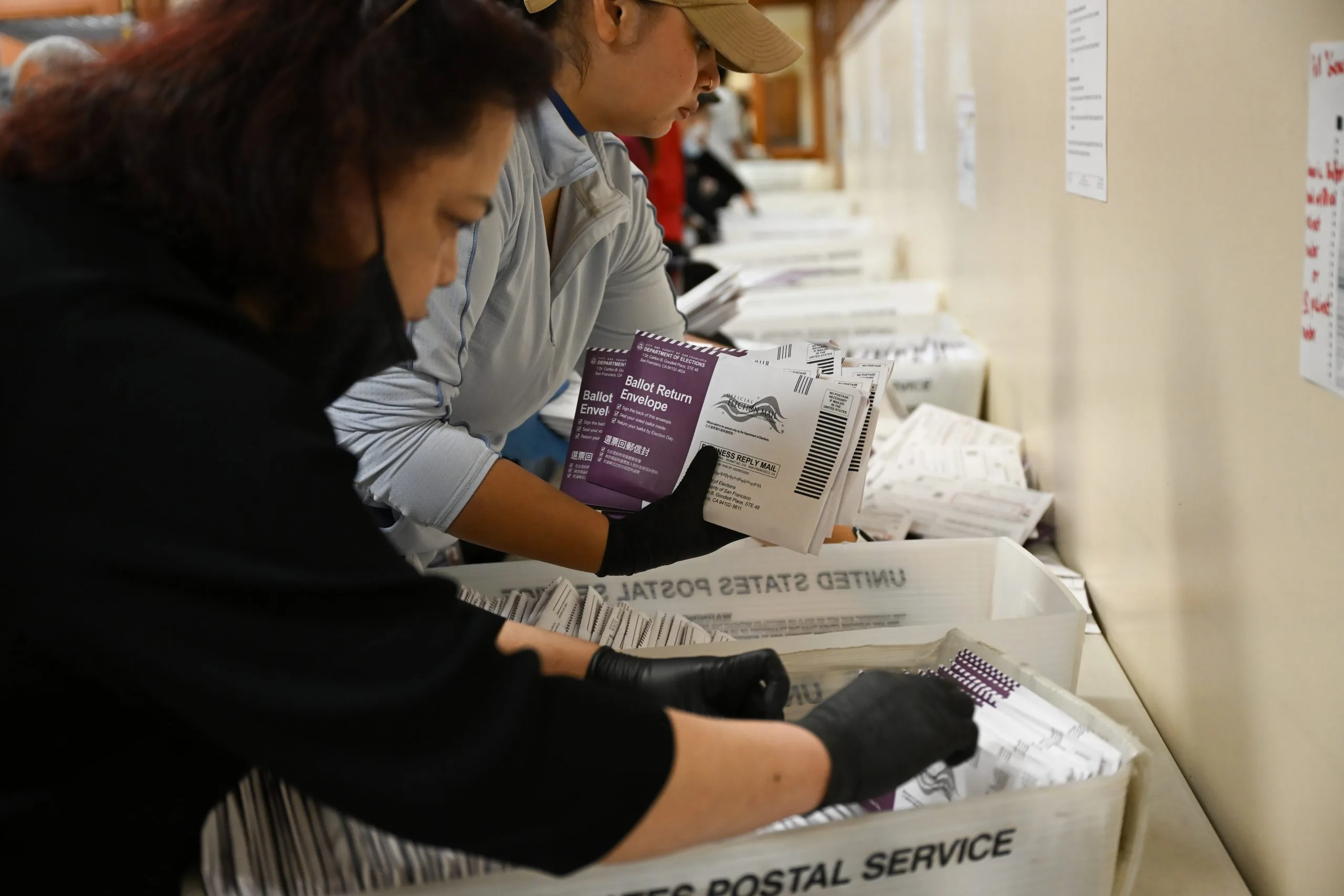While eyes have been on the presidential election, particularly results in key swing states, this election season also brought a blow to criminal justice reform advocates in California. Voters’ final decision on pivotal ballot measures Proposition 36 and Proposition 6 will shape both policing and the experiences of and opportunities afforded to currently incarcerated people across the state. Not only did voters approve increased penalties for theft and some drug offenses, but they also rejected a move to ban forced prison labor.
The answer is racism
Been really disappointed in my states recent measure track record. NIMBYism is currently winning and we’re headed back towards a tough on crime approach that never worked. It’s really sad to see
I realllllly hate the term “common sense” when applied to legislation
Yeah, I agree. Like in this case, I’d argue that the “common sense” approach to crime is the punishment model that’s prevalent. The measures that failed are common sense when you understand how the prison system actually works, but I don’t know how common that knowledge is
Alameda County recalled their “progressive” district attorney because she was corrupt and racist.
People want to have progressive values but that goes out the window when you start suggesting “restorative justice” for someone who shot a baby.
Truly curious, what did she do that was corrupt and/or racist?
that goes out the window when you start suggesting “restorative justice” for someone who shot a baby.
I mean, it’s got to apply equally to everyone. Not everyone may be open to, or able to be reformed, so some will need to be kept apart from society, but you can’t apply a different standard of justice based on how you feel about someone.
Go read berkeleyscanner.com if you want to learn why she had to go.






